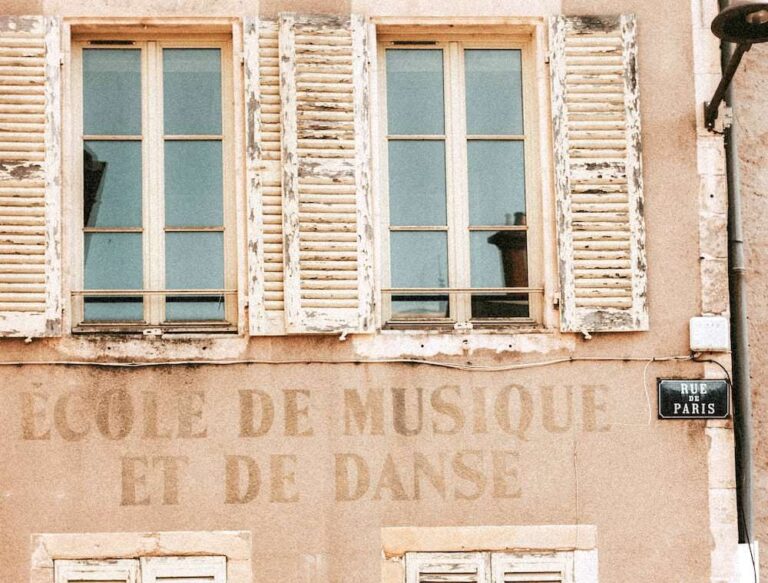Beyond hier and demain
Translating “the day before,” “tomorrow,” and “the day after” into French
You may already know the French words “hier” (yesterday) and “demain” (tomorrow). French offers several expressions to convey concepts like “the day before,” “tomorrow,” and “the day after.” Each has its unique nuances depending on the context.
1. “The day before”
The English phrase “the day before” can be translated as la veille in French. This term is often used in storytelling or reporting events in the past. It implies the day that precedes a specific point in time.
Explanation:
- La veille comes from the verb veiller, meaning “to stay awake,” but in this context, it refers to “the eve” or “the previous day.”
- It is used without an article when referring generally to “the day before yesterday” (discussed later).
Examples:
- Il est arrivé la veille.
(He arrived the day before.) - La veille de son anniversaire, elle était très excitée.
(The day before her birthday, she was very excited.)
2. “Tomorrow”
The word “tomorrow” is translated as demain in French. It is straightforward and commonly used to refer to the day following today.
Explanation:
- Demain is an adverb and does not change based on gender or number.
- It can also be used metaphorically to refer to a near or distant future.
Examples:
- Nous partons demain matin.
(We’re leaving tomorrow morning.) - Demain est un autre jour.
(Tomorrow is another day.)
Proverbs and Idioms:
- À demain!
(See you tomorrow!) - Remettre à demain ce qu’on peut faire aujourd’hui.
(To put off until tomorrow what one can do today.)
3. “The day after”
The French equivalent of “the day after” is le lendemain. It is frequently used in narratives to refer to the day following a specific event or moment.
Explanation:
- Le lendemain is a noun that literally translates to “the next day.”
- It’s often paired with events mentioned in the past or future, providing temporal context.
Examples:
- Le lendemain de la fête, tout le monde était fatigué.
(The day after the party, everyone was tired.) - Nous avons continué notre voyage le lendemain.
(We continued our journey the next day.)
Temporal Contexts and Related Expressions
“Yesterday” vs. “The day before”
While “yesterday” translates to hier, the difference between hier and la veille lies in the narrative perspective:
- Hier refers to the actual calendar day before today.
- La veille references the day before a past or future event.
Example:
- Hier, il a neigé. (Yesterday, it snowed.)
- La veille de Noël, il a neigé. (The day before Christmas, it snowed.)
Other Temporal Expressions
- “The day after tomorrow” → Après-demain
Nous partirons après-demain. (We’ll leave the day after tomorrow.) - “The day before yesterday” → Avant-hier
Je l’ai vu avant-hier. (I saw him the day before yesterday.)
Summary Table
| English Phrase | French Translation | Notes |
|---|---|---|
| The day before | La veille | Used for past/future narrative contexts |
| Tomorrow | Demain | General term for the next day |
| The day after | Le lendemain | Used in storytelling or planned events |
| The day before yesterday | Avant-hier | Refers to two days ago |
| The day after tomorrow | Après-demain | Refers to two days ahead |






